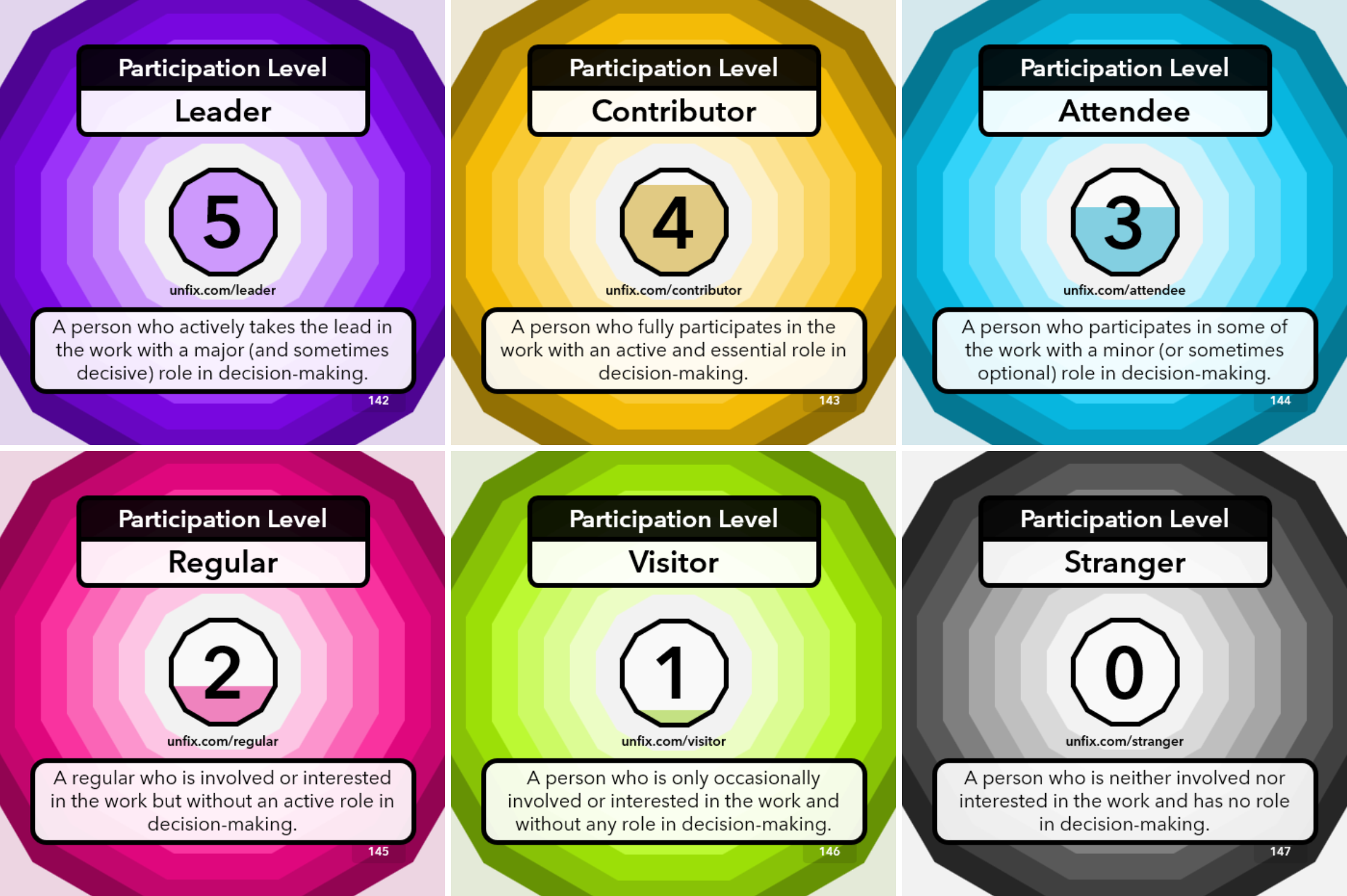Dependencies Make Us Better
Author: Jurgen Appelo
If I had to pick one human drive as my favorite, it would be freedom. There's not much I value more than being an autonomous, self-sufficient bastard individual who doesn't need anyone else to get things done. The result of this attitude, not surprisingly, is that I do too many things myself.
I love evolving the unFIX Model with new ideas and patterns; I enjoy creating slides, blog posts, and webpages, and I am the one who designs the free cards you can download from the community. That's on top of my work as a public speaker and workshop facilitator. Oh, and I have this "side-project" of writing a science fiction novel in the evenings.
And did I mention I just ran my first marathon?
Doing everything = achieving nothing
The curse of the autonomous generalist is that they usually sign up for too many things. For sure, there are benefits to "multi-projecting", "context-switching" and "creating options" for innovation, happiness, and risk management. But enough is enough! When I spread myself too thin, I hardly have any time left to make progress on anything. When I try to go everywhere, I end up arriving nowhere. (Not advised when you run a marathon.)
When you try to go everywhere, you end up arriving nowhere.
That's why our team added a set of Participation Levels to the unFIX Model. We appreciate the benefits of context-switching, but we also acknowledge the problem of over-commitment. Participation Levels not only allow you to specify what team members can expect from you in each context; they also enable you to visualize how much work you have committed to and in how many different contexts you are trying to be successful.
For me, it was too much.
Participation Level Grid
This week, I reduced my Participation Level in several subteams from Contributor (4) or Attendee (3) to merely Visitor (1), bringing down my total score from 35 to 27. Yay! This means I won't be involved in decision-making anymore, and I'm not expected to attend any meetings. And it feels good! By reducing the sum of my participation levels, I allow myself more focus on the few things where I can make a difference. It's just another version of limiting Work in Progress (WIP).
However, this also creates new dependencies. While I try to do good work in my selected areas, I need to trust others to do the same in theirs. Leaving work to other people without stepping in to do it all myself. Deliberately taking my hands off some of the things I like doing and expecting someone else to do them instead. As a freedom-addicted individual, the idea alone makes me shiver!
Limited autonomy = increased dependency
When everyone uses their freedom to do everything, nobody has a dependency on anyone. Nobody is ever stuck because every team member can do each task. The downside is that all team members have to learn how to interview customers, write scripts, design slides, create webpages, send invoices, publish blog posts, manage infrastructure, and the list goes on. Autonomy makes individual team members slower as they struggle with an ever-increasing cognitive load.
As observed in 1776 by Adam Smith, division of labor makes people more productive. You focus on your thing while I focus on my thing, and by trading or sharing our results, we are better off together.
Division of labor is what drives the economy. It started by dividing labor between hunters and gatherers and then sharing the meat and the fruits. Now, my team divides the work of content creation, model development, community leadership, qualification management, and more. And together, we share the wins. However, it requires that I confine myself.
Division of labor is what drives the economy.
Division of labor introduces dependencies.
We must limit the number of contexts we are involved in.
We should reduce our participation levels to a manageable sum.
And we willfully divide our labor because dependencies make us better.


